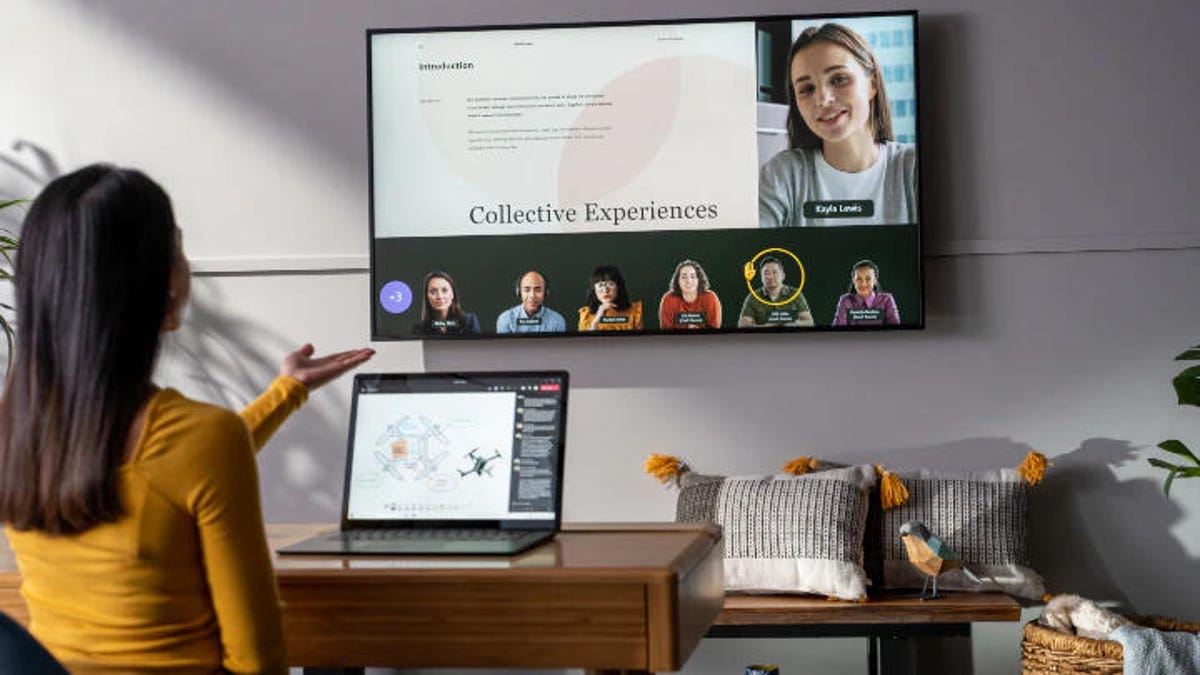Microsoft's vision of hybrid work leans on smart cameras, recordings
Microsoft says that hybrid workplaces could now include recording meetings by default and using smart cameras to simulate in-person contact.

Microsoft has launched its playbook for hybrid work, outlining how it believes the office of the near future will be able to incorporate in-person and remote employees with help from devices such as smart cameras.
"In this new era of hybrid work, we will no longer rely solely on shared physical location," writes Microsoft CEO Satya Nadella in a post Friday on LinkedIn. "But that doesn't mean physical places and spaces aren't important. They will just need to be re-imagined."
Nadella says that in order to make in-person briefings more inclusive for remote participants, the company is using "smart cameras" at eye level with "high-quality audio and video to ensure everyone can be seen, be heard, and participate as if they were there in person" using software such as Microsoft Teams Rooms. He also notes that meeting recordings can allow employees to replay meetings at a time convenient to them, and suggests this should become the norm with hybrid meetings.
Many people and companies were forced to shift to remote work over the past year amid the pandemic. As life starts to return to normal, some people want those flexible work arrangements to continue. A study from Microsoft, released in March, found that 73% of respondents hoped remote work options would continue when the pandemic ends.
Nadella also says that the security of employees' home networks is also a priority and that Microsoft is moving all employees off corporate networks and taking an "internet-first approach." Microsoft employees are being asked to run tests on their home network security and use secured devices.
Google added a suite of productivity tools in March, while large tech companies such as Facebook and Apple have all announced their own plans for the future of the workplace.

